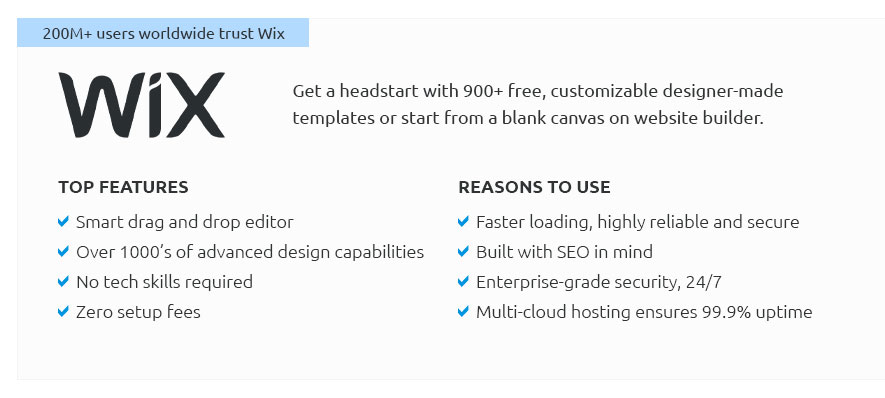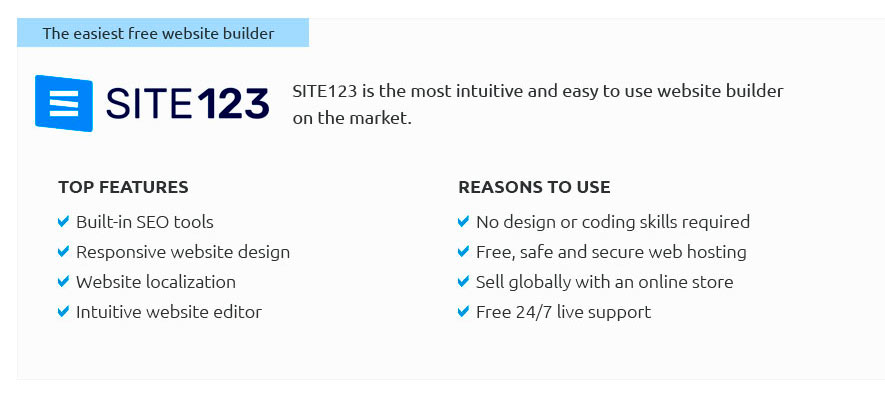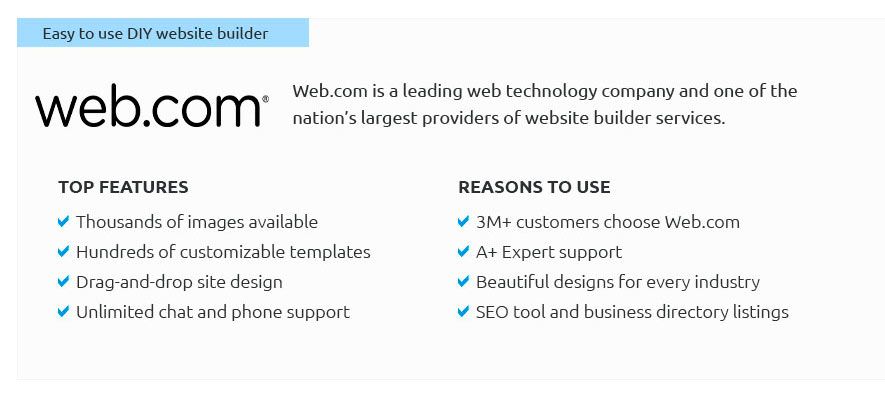 |
 |
 |
 |
|
 |
 |
 |
|
 |
|
 |
 |
|
 |
|
 |
|
 |
 |
Exploring the Multifaceted World of Joomla Website BuilderThe digital age has ushered in a plethora of website building tools, each promising to deliver an exceptional online presence, but amidst this cacophony, Joomla stands out as a versatile and powerful option that is often the go-to choice for developers and businesses alike seeking a robust content management system (CMS). With its roots stretching back to 2005, Joomla has matured into a platform that not only caters to beginners but also offers advanced features that appeal to seasoned web developers. It is essential to understand that Joomla is not just a website builder; it is a comprehensive CMS that offers extensive functionality, a feature that sets it apart from simpler drag-and-drop website builders like Wix or Squarespace. One of the key advantages of Joomla lies in its flexibility and extensibility. It boasts a vast repository of extensions that allow users to enhance the core capabilities of the CMS, from adding e-commerce functionality with VirtueMart to creating sophisticated community portals with JomSocial. Moreover, the open-source nature of Joomla means that it benefits from a vibrant community of developers who continuously contribute to its evolution, ensuring it stays relevant in a rapidly changing technological landscape. This commitment to innovation and improvement is evident in the frequent updates and the extensive documentation available to users, making it a reliable choice for those who wish to maintain a cutting-edge website. However, like any tool, Joomla is not without its challenges. Some users may find the initial learning curve to be steeper compared to other platforms, particularly if they are accustomed to more intuitive drag-and-drop interfaces. Yet, this complexity is also what makes Joomla so powerful, as it allows for a level of customization and control that is unmatched by many of its competitors. For those willing to invest the time to learn its intricacies, Joomla rewards them with a platform capable of handling complex web applications and sites with large amounts of content. In terms of design, Joomla offers a wide array of templates, both free and premium, that can help set the aesthetic tone of your website. These templates are easily customizable, allowing for adjustments in layout, color schemes, and typography to ensure your site reflects your brand identity. Furthermore, Joomla's template management system is intuitive, enabling users to assign different templates to different pages or sections of their site, thus providing a tailored user experience.
In conclusion, while Joomla might not be the easiest platform for beginners, its comprehensive features, flexibility, and strong community support make it an excellent choice for those who require a powerful and scalable CMS. For businesses that anticipate growth or have complex needs, investing the time to master Joomla can pay significant dividends, offering a platform that grows with you and adapts to the ever-evolving digital landscape. https://www.joomla.org/about-joomla.html
About Joomla! Joomla! is a free and open-source content management system (CMS) for publishing web content. Over the years Joomla! has won several awards. It is ... https://www.joomshaper.com/page-builder
SP Page Builder is the best Joomla page builder to build modern and functional sites in minutes. Design your website visually with fully-functional addons. https://www.joomla.org/
Joomla! is the mobile-ready and user-friendly way to build your website. Choose from thousands of features and designs. Joomla! is free and open source.
|